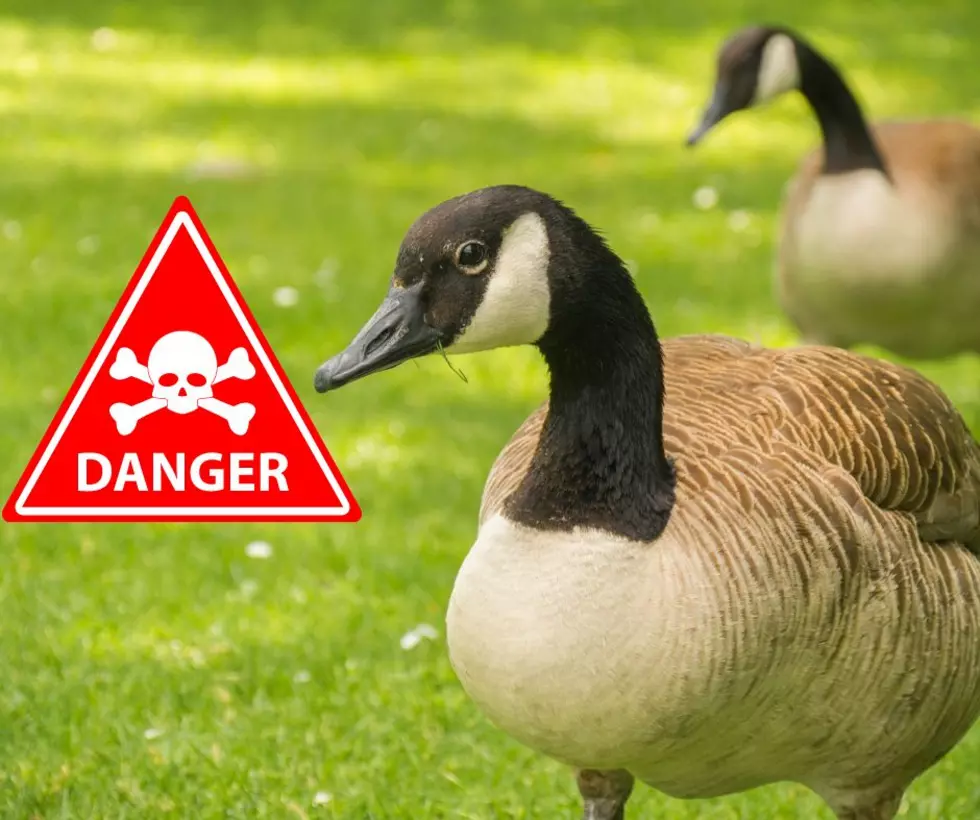
How To Make Rockford’s Halloween Scarier? Money Spiders!
Why bother going out and spending money on fake spider webs to give your place a spooky look when a few money spiders can do it for you?
Think about it. If your household is anything like mine, you probably swat, broom, or paper towel away anything resembling a spider web inside (and, usually outside) the house.
Then, Halloween season rolls around, and you go out, buy fake spider webs, then set to work hanging them up around the aforementioned house.
That's gotta be incredibly confusing for the spiders. If they could talk (well, that would be horrifying, actually), you would probably hear a high-pitched voice shouting "Hey, what the h*** was that all about?"
But, as usual, I digress.
We could put every single one of those "Buy Your Fake Spider Webs Here" stores out of business in short order if we could just bring a few hundred money spiders they have in Scotland here to Rockford.
So, what's a money spider?
Spiders in this family are commonly known as sheet weavers (from the shape of their webs), or money spiders (in the United Kingdom, Ireland, Australia, New Zealand, and in Portugal, from the superstition that if such a spider is seen running on you, it has come to spin you new clothes, meaning financial good fortune).
And, why in the world would we want them here?
Because they do stuff like this.
A man driving through an area in Scotland was shocked to discover what he thought was frost blanketing a road verge was actually a giant spiderweb.
Leo Anderson, a 54-year-old truck driver, spotted the web on Tuesday morning. He told British news agency SWNS it stretched across “hundreds of yards.”
Suzanne Burgess, a manager at Buglife Scotland, a conservation organization in Britain that works to protect invertebrates, told SWNS the web may have been created by money spiders.
Money spiders, which, according to Burgess, are known to create a sheet-like webbing, are apart of the family Linyphiidae, “the largest family of spiders in the UK, with 280 species,” according to London's Natural History Museum.
They've also made their presence known in Greece:
And, in Memphis, too:
Just think of the money Rockford would collectively save when we're not buying fake spider webs.
More From 96.7 The Eagle









